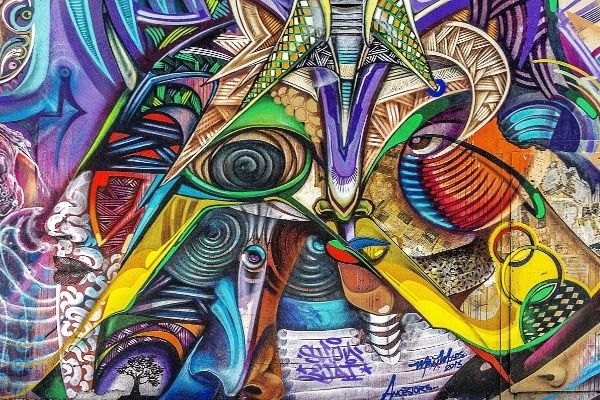Deadline: 09-Nov-2025
The Embassy of France in South Africa, Lesotho, and Malawi, with the French Institute of South Africa (IFAS) and in partnership with Electric South, invite applications from immersive artists in South Africa, Malawi, and Lesotho to take part in an exciting new initiative that reimagines the future of heritage through immersive storytelling.
The aim is to strengthen public access to heritage by developing creative partnerships, building professional networks, and supporting the production of innovative digital works rooted in historical and cultural archives.
The project’s three core components include: a sector mapping and policy study on immersive arts in South Africa, Lesotho, and Malawi; the creation of six original immersive digital storytelling projects with a capacity development programme for emerging assistant producers under 30; and a mobility and networking programme in France connecting Southern African and French immersive arts institutions.
Selected teams will receive between R500,000 and R1,200,000 in funding based on the scale of their proposal. This support covers production costs, technology, and artist fees. Projects must be completed by August 2026, ensuring a production timeline of approximately seven months. Additional funds are allocated for exhibition installations and management. Alongside financial support, selected participants will benefit from mentorship, access to archives, and opportunities for international mobility and exhibition.
The initiative invites teams with experience in immersive media and a strong interest in archives, history, and storytelling to apply. Each team must comprise at least four members – a director or creative lead, a technologist lead, a producer, and an emerging trainee assistant producer under the age of 30. All core members should possess at least three years of experience in their respective fields, except the trainee producer.
The director must be from or residing in the country where the archive is based and should be able to travel to the archive if not currently located there. Teams that demonstrate a blend of technical expertise, creative vision, and collaborative spirit will be prioritized, with an emphasis on openness, adaptability, and respectful engagement with local communities and archival institutions.
Eligible formats for the proposed works include 360-degree video, virtual reality, augmented reality, mixed reality, extended reality, volumetric capture, lidar scanning, responsive environments, interactive sensors, haptics, ambisonics, binaural and spatial audio, among others. Projects must be immersive, interactive, and technologically innovative, as purely 2D or traditional works will not be considered.
Applications will be evaluated on originality, ethical engagement with communities and archives, appropriate use of immersive technologies, audience engagement potential, aesthetic quality, practical feasibility, team balance, and touring potential. Shortlisted teams will be interviewed to discuss their project planning and budgeting strategies.
Applicants are required to submit an explanation of their chosen archive, a short proposal describing their project concept, supporting visual materials such as mood boards, team information with relevant experience, examples of previous immersive work, and at least two references.
The deadline for applications is 9 November 2025, 23:59 SAST.
For more information, visit IFAS.
